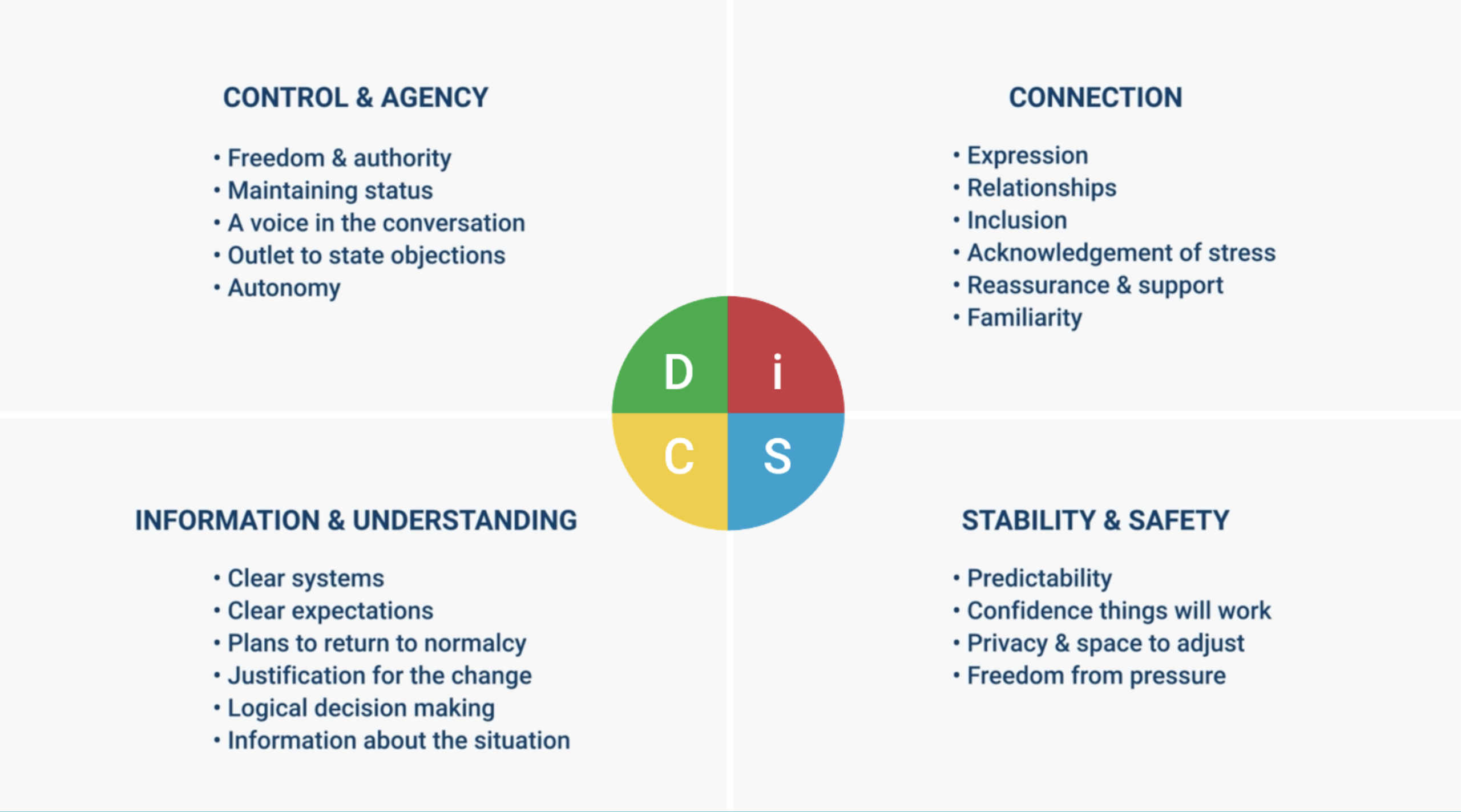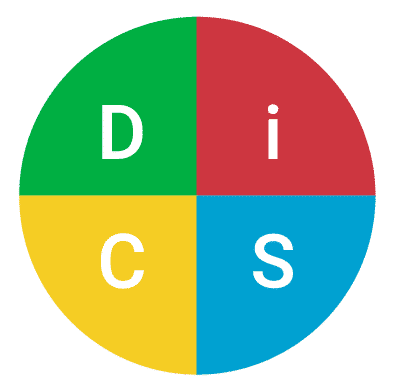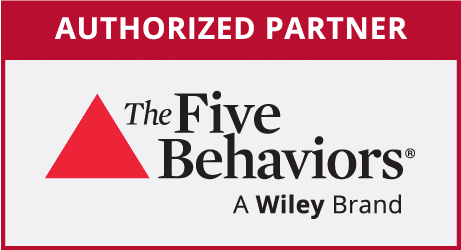
How Managers Use DiSC to Handle Hard Conversations
Have you ever faced a tricky conversation at work that’s left you feeling uneasy? Maybe you needed to address a team member’s declining performance, or you had to mediate a disagreement between colleagues. Handling these situations can be difficult and emotionally charged. But DiSC profiles can make a meaningful difference. They provide a structured way to understand personality differences so managers can feel more prepared and confident in these moments.
DiSC profiles group people into four personality types, each with distinct patterns of behavior and communication. When managers understand these differences, it’s easier to approach conversations in ways that resonate with the other person. That can help reduce misunderstandings and encourage positive outcomes. Here’s how it works.
Understanding DiSC Profiles
DiSC is an assessment tool that highlights behavioral traits based on four main personality types:
- Dominance
- Influence
- Steadiness
- Conscientiousness
Each type brings unique strengths, preferences, and challenges to workplace interactions.
Dominance types are typically direct, driven, and focused on results. They take charge and value efficiency. Managers addressing someone with a Dominance trait might aim for short, purposeful conversations that emphasize goals.
Influence types are outgoing, enthusiastic, and relationship-oriented. They thrive on energy and social recognition. When talking to an Influence type, managers might lean into warmth, openness, and positivity.
Steadiness types are supportive, patient, and calm. They value cooperation and consistency. These individuals may be more sensitive to conflict, so it helps when managers approach them with gentleness and respect for their need to process.
Conscientiousness types are analytical, detail-focused, and reliable. They often prioritize accuracy and logic. When engaging them during tense conversations, managers can center the discussion on facts and organized reasoning to gain trust.
These profiles are not boxes to place people in. They are tools that give a window into how someone tends to think and respond, allowing managers to lead with more empathy and precision.
Benefits of DiSC Profiles for Managers
Managers often face the challenge of guiding a team made up of very different individuals. That mix can lead to great collaboration—or miscommunication. DiSC gives leaders insights that reduce the guesswork and improve how they connect with their team.
Here are a few ways DiSC can help:
-
Improved Communication
Managers can tailor their tone and wording to better match the other person’s preferences. A Conscientious employee will respond differently to feedback than an Influence type. Recognizing these differences opens the door to smoother conversations.
-
Conflict Resolution
By knowing what matters most to each team member, managers can quickly get to the heart of unresolved issues. Understanding personal triggers and comfort zones makes it easier to de-escalate tension.
-
Stronger Team Dynamics
DiSC supports a culture where differences are approached with curiosity rather than frustration. Managers who learn to appreciate various work styles build a more inclusive and balanced team environment.
All of this starts by becoming aware of what traits exist on your team and how to approach those differences in a thoughtful, human-centered way.
Strategies For Handling Difficult Conversations
Let’s face it, hard conversations at work never get easier. But being armed with self-awareness and a clear sense of what motivates the other person makes the process more manageable.
Here are a few practical ways managers can use DiSC to prepare for difficult conversations:
- Review the employee’s DiSC profile and consider their go-to communication style.
- Think about how they might react under pressure. Are they likely to become defensive? Withdraw? Push back?
- Choose the right setting and tone. Steadiness types may need a quiet, unrushed space. Dominance profiles may appreciate directness right away.
- Start with something familiar or positive. This can ease tension, especially with Influence types who respond well to encouragement.
- Focus on clarity. Conscientiousness types may need extra detail and structure to feel informed rather than criticized.
- Follow up after the conversation. Ask how they’re feeling or offer support. This helps make the moment feel more like a dialogue than a one-time correction.
Conversations don’t need to feel confrontational. When managers enter these talks with clarity and a willingness to flex their own style, the message lands more effectively.
Real-World Applications Of DiSC In Management
Let’s say a manager is working with two employees with very different styles. Ava is a Conscientiousness type who values order, deadlines, and facts. Leo leans strongly toward Influence—he’s high-energy, spontaneous, and focused on big-picture ideas.
The two are clashing on a shared project. Ava is frustrated by Leo’s fluid timelines. Leo feels stifled by Ava’s attention to rules.
Instead of treating this like any other personnel issue, the manager uses their DiSC profiles as a guide. She arranges one-on-one conversations and addresses each person in a way that matches their profile. With Ava, she reassures her by mapping the details and reinforcing trust in her structure. With Leo, she keeps the exchange upbeat, recognizing his creative strength while showing the value of meeting key checkpoints.
Over time, this clarity helps both team members adjust naturally. Ava relaxes some of her rigidity by understanding Leo’s working style, and Leo steps up his planning because he now sees the impact it has on the team.
If the manager had approached both in the same way, it’s likely the situation would have escalated or stayed unresolved. Using DiSC gave her a better route forward.
Shaping Culture One Conversation At A Time
Every manager has to deal with tough conversations at some point. But having a basic understanding of behavior patterns can reduce the pressure and help everyone walk away feeling heard.
That’s what DiSC profiles make possible. They remove the guesswork and bring intention to the way conversations unfold. When a manager adapts their tone, words, and timing to fit the person in front of them, it can defuse conflict and build connection.
DiSC isn’t something managers pull out once in a while. It becomes part of how they lead every day; listening, guiding, and communicating in ways that respect how people are wired. That steady awareness shapes the culture of the team, one honest conversation at a time.
If you’re looking to build stronger conversations that actually lead to change, understanding how to use DiSC profiles is a solid first step. Learn how different personalities respond, shape your message to connect better, and guide your team through challenges with more confidence. For support that fits your leadership style, trust discprofiles.eu to help you bring out the best in every conversation.
You might also be interested in







